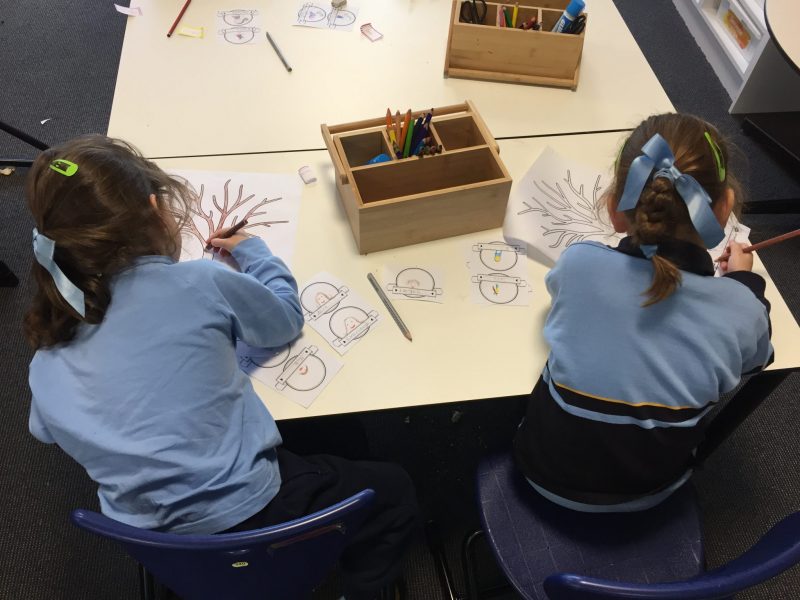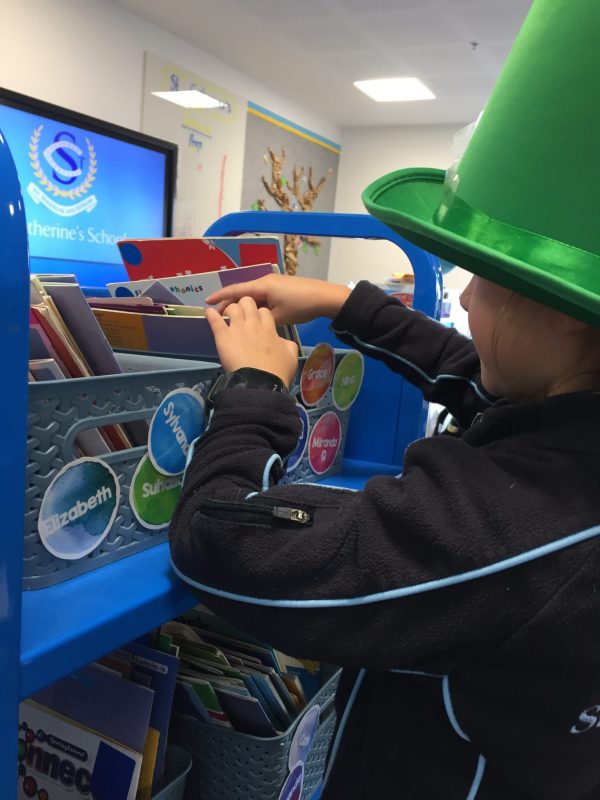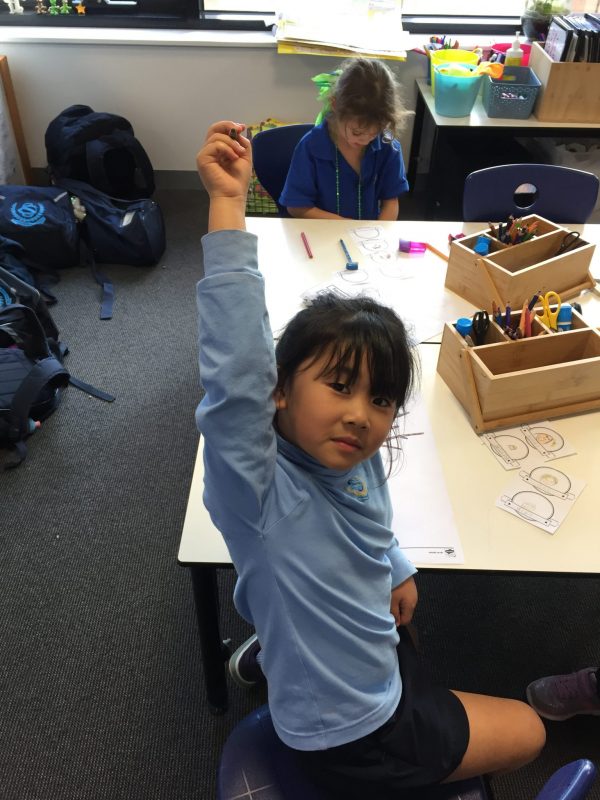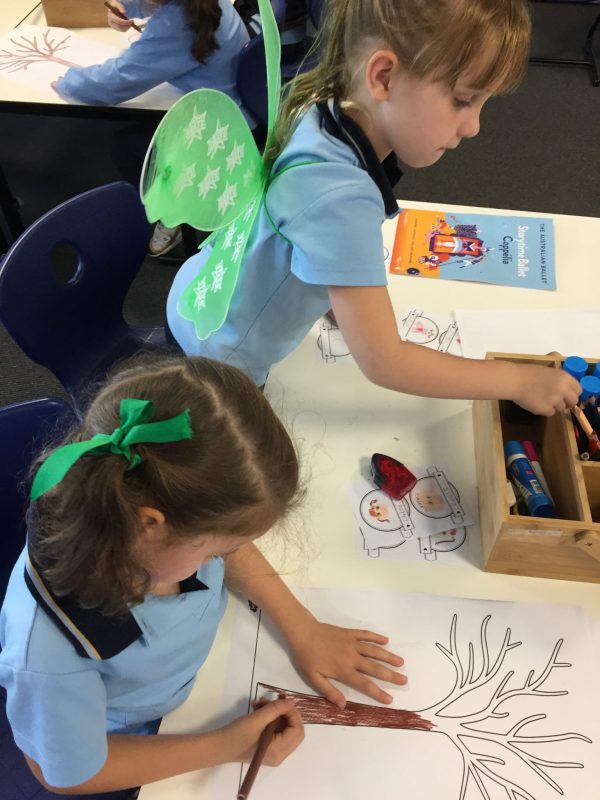It’s a Jungle

It’s a Jungle is a book written by Dr Brenda Heyworth, a child psychiatrist, for parents as a guide to the emotions and behaviours of children. I found it a very easy read, realistic, and full of great advice and strategies. She says that “children struggle with their emotions and then parents struggle with their behaviour. It is all about big emotions.” Dealing with the size of the emotions is problematic for children; they become overwhelmed and “have no idea what to do and that is when instinct takes over”.
She says that parents have a tough job teaching children how to cope with their emotional world (the jungle) when their emotions are changing so quickly and they cannot seem to work it all out. Their instincts are to “come out fighting” leading to tears, yelling, insults…and them crossing the line, which is when they have “entered the jungle”. Heyworth says that children do not like their behaviour – they just do not know how to deal with it.
The book outlines a number of key points. The first is that children need self control to combat this behaviour. Unfortunately, children are not born with it; it is something they must develop.
Heyworth says there are three steps to self control:
1. Know the line
The first step in self control is to know where the line is. The line tells us where things go from being okay to not okay. For example, it is okay to be angry but it is not okay to hit your sister.
2. How to settle
If their emotions have swirled up and over, they need to be able to settle back down again. Time and space is particularly effective for this. The ultimate in self control would be settling emotions down before they burst over the line.
3. Know how to move on
We need to recognise that we all make mistakes. Once a mistake is made, it is best to leave it behind, forgive ourselves and move on, not carry the mistakes around with us. It is time to let go and start again fresh.
Heyworth states that a buffer zone between the big emotions and the line is what is needed, so children can deal with their emotions without crossing the line. The more they learn how to have self control, the bigger the buffer zone.
For parents, it is important for us to:
- Realise they are dealing with big emotions and that this is developmental.
- Respond by giving them time and space to settle.
- Not enter the jungle with them by:
- Not arguing with them – this just adds more emotions to the mix (adding fuel to the fire).
- Not engaging in long dialogue – when in an emotional state they are not listening.
- Talking to them only after they have settled, when they are not in a highly emotional state, and more likely to be receptive to what you are saying.
Reference:
- Heyworth, B., ‘It’s a Jungle’. It’s a Jungle Pty Ltd. Nambour 2012.
Reporting to Reception
The safety of our students is important to all of us. To help us provide the safest environment for them, we ask all parents to:
- Report to Reception upon entering the building when not accompanied by your child.
- Report to Reception when arriving late with your child or when arriving for an early pick up.
- Enter via Reception and not through the upper or lower entrance points.
- Drop off forgotten lunch boxes, instruments etc at Reception and they will be taken to your child’s class for you. This also helps reduce classroom interruptions and promotes learning.
Reporting to Reception establishes a good process and enables us to easily distinguish parents from service providers. It also ensures we know who is in the building at any given time.
Ms Karen McArdle, Head of Junior School
NAPLAN Testing 2019
A reminder that next week, the National Assessment Program – Literacy and Numeracy (NAPLAN) 2019 tests for Years 3, 5, 7 and 9 students will be held on Tuesday 14, Wednesday 15 and Thursday 16 May 2019. NAPLAN tests assess student knowledge and skills in writing, reading, language conventions (spelling, grammar and punctuation) and numeracy.
Below is the Junior School NAPLAN testing schedule:
| Tuesday 14 May | 8:45am – 10:00am | Language conventions |
| Tuesday 14 May | 11:00am – 12:15pm | Writing |
| Wednesday 15 May | 8:45am – 10:00am | Reading |
| Thursday 16 May | 8:45am – 10:00am | Numeracy |
| Friday 17 May | All day | Catch-up tests as required |
For further information about the tests, please visit the VCAA website at www.vcaa.vic.edu.au or the NAPLAN website at www.nap.edu.au.
Ms Catherine Samuel, Deputy Head of Junior School
Establishing Good Learning Behaviours in the Prep Classroom
The Prep students have made a wonderful start to Term 2, and it is lovely to see them develop a sense of self, and how they see themselves as learners. One of our major focuses for this term is our learning behaviours and establishing positive identities as learners.
At St Catherine’s, we want our Preps to see themselves as lifelong learners. Our aim is to develop confident learners, who are willing to be risk takers when approaching their learning, especially when it comes to learning new concepts. The Preps are learning that we do not need to master all skills straight away, rather, we can practise and practise in a safe and supportive environment until we understand what we are doing.
In our classroom we have been covering concepts such as:
- Positive growth mindset: When approaching new tasks, especially tasks that may seem quite daunting at first, we are learning how to use the term ‘yet’.
- Pride in presentation of work: This not only refers to the final product but also the effort that we put into what we were doing.
- Focus on the present moment: Often our days are busy and we are learning to be in the moment, giving our full attention to the person speaking, the work being done, the concepts being covered, the task at hand etc.
- Self-monitoring: Students are learning how to evaluate their own work, including their learning habits.
- Organisation: Unpacking and preparing for the day, keeping our desks tidy, packing away our work neatly, sitting on the floor nicely and lining up on time.
- Independence: Preps have started taking on the responsibility of changing their own readers.
- Resilience/determination: This is a major focus as it applies to work, learning, playing, making friends and life in general.
- Approaching work with a sense of calm: Our voice, our movements, our posture, our pace etc.
- Teamwork: Our classroom operates on teamwork. We are learning how our behaviour impacts our classmates. Our aim is to help students feel comfortable, be confident in their own abilities, be willing to participate and make mistakes, and be eager to challenge themselves in learning. I look forward to watching the Preps continue their learning journey.
-

Alice Mackenzie and Ella Pattison.
-

Grace Chatfield.
-

Sylvanas Zhu.
-

Catherine Barry and Nina Steedman.



